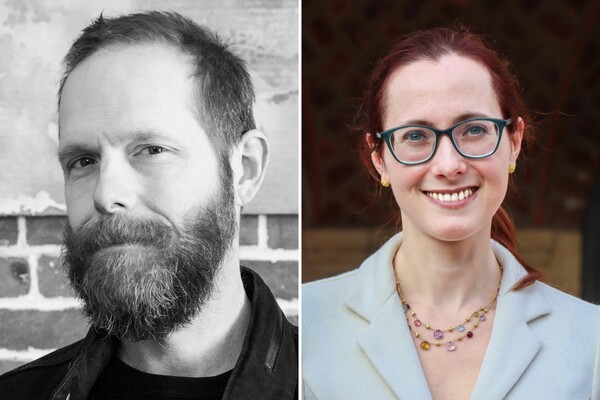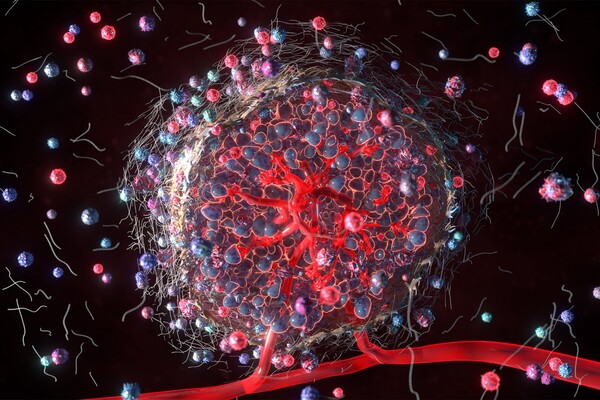University of Pennsylvania’s Dr. David Fajgenbaum gets a movie deal for ‘Chasing My Cure’
David Fajgenbaum of the Perelman School of Medicine will be the subject of a feature film based on his book "Chasing My Cure," a 2019 memoir about being diagnosed with a rare and usually fatal illness while he was a medical student at Penn.
Thousands of athletes compete on Day 1 of the 2025 Penn Relays in Philadelphia
Thousands of athletes and fans are filling Franklin Field for the 129th Penn Relays.
How to improve your fatigue resistance for stronger long-distance runs
John Vasudevan of the Perelman School of Medicine affirms the best ways to improve fatigue resistance for stronger long-distance runs.
The Pope’s legacy on social justice
Anthea Butler of the School of Arts & Sciences says Pope Francis’ successor “might not be somebody we expect.”
Microrobots navigate diverse oral environments to deliver therapies
Medically tailored meals improve nutrition, reduce readmissions for heart failure patients
‘Media and Propaganda in an Age of Disinformation’
How economic stressors and vaccination shaped mental health during the pandemic

Penn faculty members Sean Burkholder of the Weitzman School of Design and Eva Del Soldato of the School of Arts & Sciences are among 35 recipients of the 2025-26 Rome Prize, awarded by the American Academy in Rome.
(Images: Courtesy of Sean Burkholder and Eva Del Soldato)
Sean Burkholder and Eva Del Soldato awarded the 2025-26 Rome Prize

Wei Guo of the School of Arts & Sciences and colleagues from the Perelman School of Medicine, School of Veterinary Medicine, and School of Engineering and Applied Science have teamed up to uncover how solid tumors’ complicated microenvironments can manipulate cancer-fighting CAR T cells through extracellular vesicles, causing the engineered CAR T cells to commit fratricide—essentially turning against each other instead of attacking the cancer.
(Image: iStock / Marcin Klapczynski)